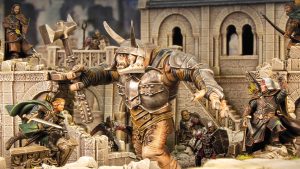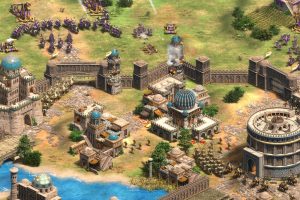Strategy games are a popular genre of video games that require players to use their strategic thinking...
Strategy
Strategy games have been a popular genre of video games since the early days of gaming From...
Strategy games have been a popular genre of video games for decades, requiring players to use their...


